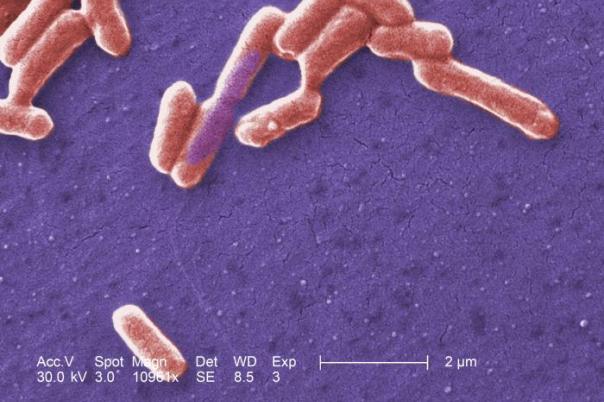Reuters have reported that the World Health Organization plans to back the use of GLP-1 agonists for the treatment of obesity in adults. The move would be the first time that the agency has approved of the therapeutic class’s efficacy.
It says that it wanted to improve access to the treatment in developing countries. According to the World Bank, around 70% of the over one billion people living with obesity live in low or middle-income countries.
Before their use as weight-loss drugs, GLP-1 agonists were used to treat type 2 diabetes. In the early 2020s, drugs like Wegovy (semaglutide) and Zepbound (tirzepatide) hit the US market for obesity.
A spokesperson said to Reuters: "WHO has been working on a set of new recommendations for obesity prevention, care, and treatment in different age groups – children, adolescents, and adults since 2022."
They went on to say that "how and when this class of medications may be integrated as one component of a chronic care model that includes both clinical and lifestyle interventions."
Reuters also said that the WHO planned to meet and discuss whether the therapies could make the agency’s essential medicines list for the treatment of diabetes and obesity. This would mean that the agency recommends that the therapy be available in all functioning health systems.
After they failed to make the list in 2023, a new memo from the WHO has stated that they would support GLP-1 agonists’ inclusion this time. But there are challenges related to cost, with monthly supplies of the drug costing hundreds of dollars in the US.
However, costs could drop after the patent for semaglutide, the active ingredient in Novo Nordisk’s Wegovy (for weight loss) and Ozempic (for diabetes), expires next year. This means that manufacturers will be able to market their own cheaper generic forms of the drug.





